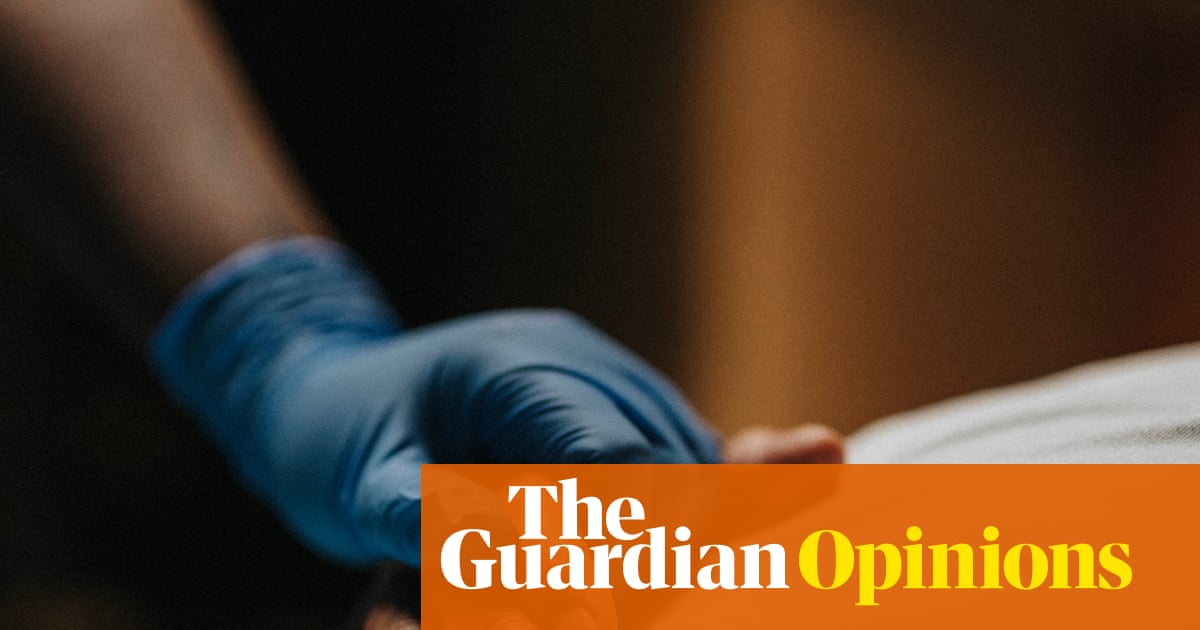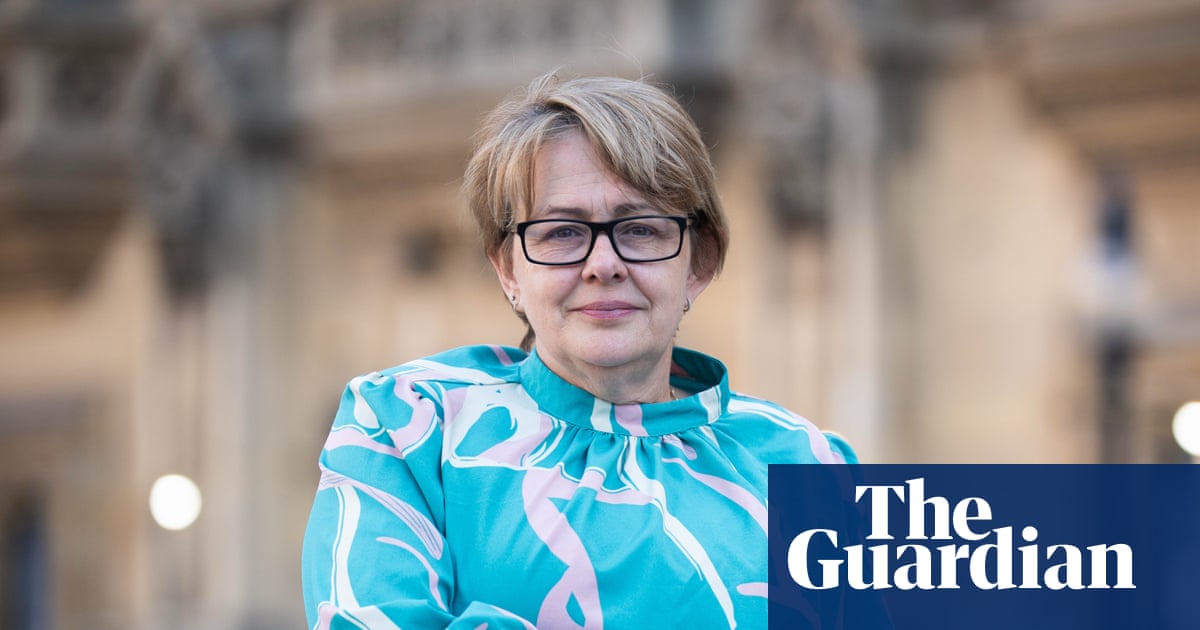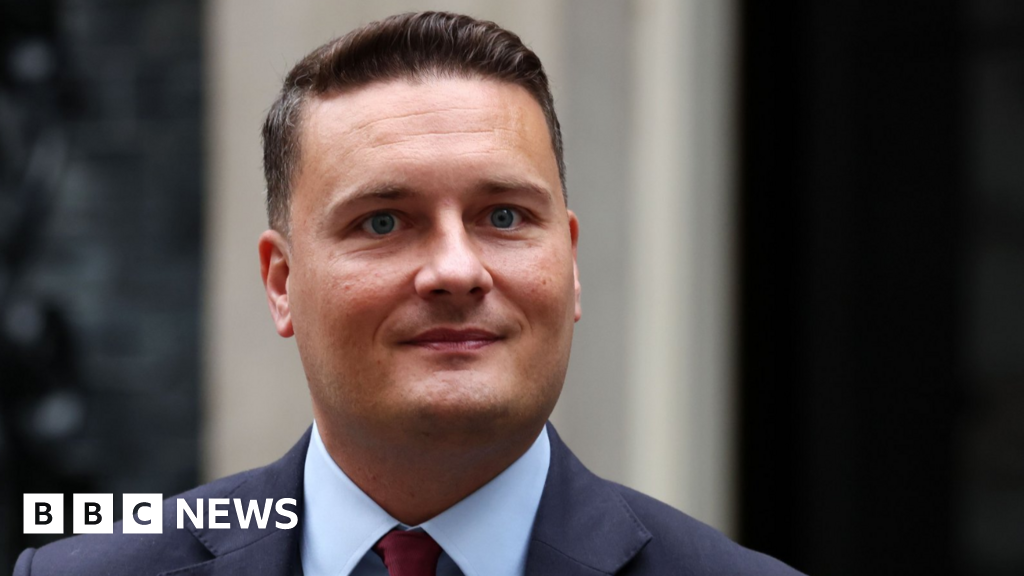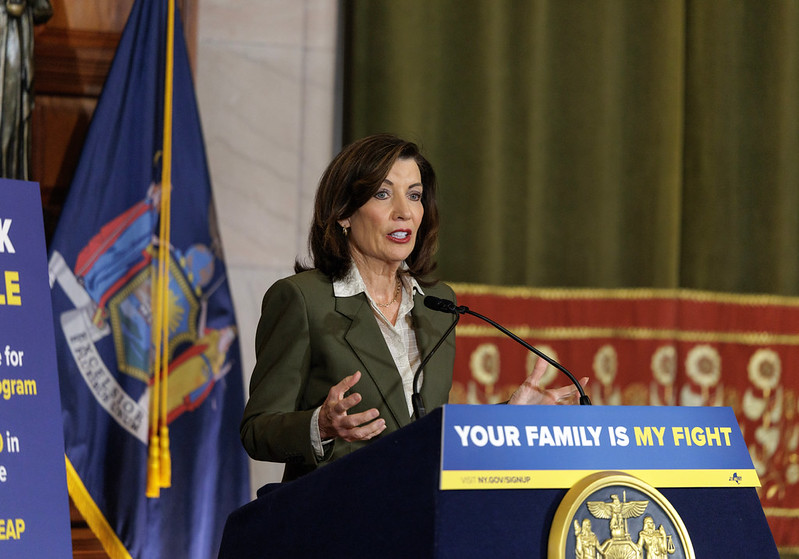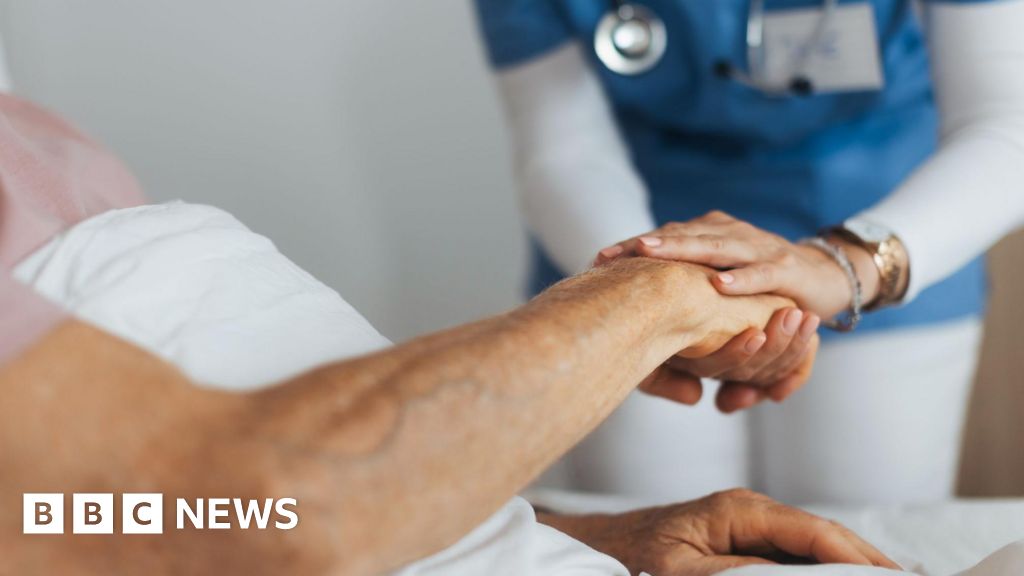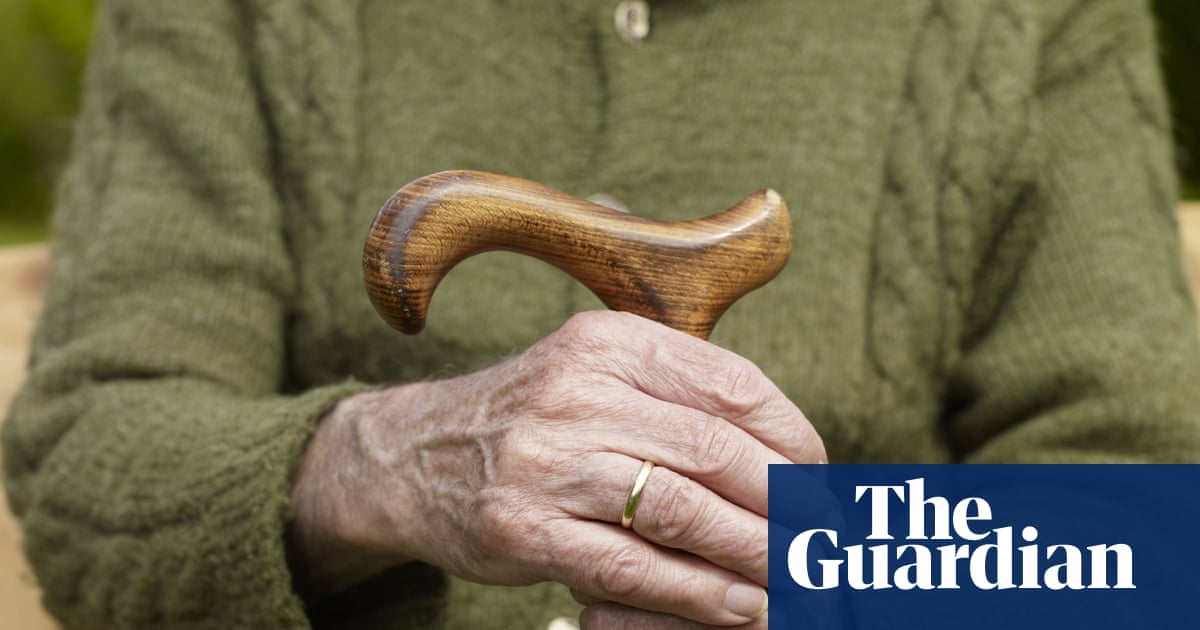#end-of-life-care
#end-of-life-care
[ follow ]
#assisted-dying #medical-aid-in-dying #legislation #palliative-care #medical-ethics #grief #assisted-suicide
Medicine
fromwww.theguardian.com
1 week agoMy patient's near-death experience in hospital left me with worry and guilt. This is how vicarious trauma starts | Ranjana Srivastava
Clinicians must honor clear end-of-life wishes to avoid unwanted resuscitation and rapid escalation when patients have refused life-prolonging treatments.
fromFortune
1 month agoScott Adams, Dilbert creator who went from cubicle wars to culture wars, posts open letter to time with his death at 68 | Fortune
"If you are reading this, things did not go well for me." That's how Scott Adams' X account announced his death on Jan. 13, reaching an enormous global audience in much the way he had for decades throughout a career that spanned both the cartoon pages and front pages of newspapers for the controversial personality. Adams, creator of the satirical office comic strip " Dilbert" and later a polarizing conservative-leaning online commentator, died in Pleasanton, Calif., at 68 from metastatic prostate cancer.
US news
fromwww.theguardian.com
1 month agoIn his last days, I couldn't bear to tell my dying husband what had happened at his beloved Bondi | Julianne Schultz
A few days before he took his last, mercifully peaceful, breath, my husband, Ian Reinecke, looked at me intently and asked, Is there anything going on in the world I need to know about? No, nothing, I said as calmly as I could to the man with whom I had intensely discussed events in the world and at home for nearly 50 years.
World news
fromwww.theguardian.com
2 months agoHe was struggling with his breath. I sat beside him and sang': the choir who sing to people on their deathbeds
It's a brisk November afternoon in the village of South Brent in Devon and, in a daffodil yellow cottage, two women are singing me lullabies. But these aren't the sort of lullabies that parents sing to their children. They are songs written and sung for terminally ill people, to ease them towards what will hopefully be a peaceful and painless death. We are at the home of Nickie Aven, singer and leader of a threshold choir.
Music
fromThe Atlantic
3 months agoThe Commons: Canada Is Killing Itself
I had two sisters in their mid-90s who availed themselves of Canada's Medical Assistance in Dying program. Both were incapacitated; they had lost their dignity and were facing amputations or prolonged stays in the hospital with no hope of survival. They were subjected to multiple interviews making sure that they were lucid. Both died surrounded by their family and a multitude of friends. We celebrated their courage to leave their horrible situation with grace. Everyone in attendance stated that they hoped they would have the courage to do the same. I found the system to be run with sensitivity and efficiency. Reports about abuses are few and far between. Canada should be proud that people in unbearable pain can decide to die when life is intolerable.
Canada news
fromwww.mercurynews.com
3 months agoBay Area events calendar for Nov. 7-13 weekly editions
Navigating Your Career: If you're interested in learn how to navigate your career as a clinician educator, then join this workshop designed for early-career clinician educators like yourself. Join panelists such as Dr. Alfredo Urdaneta, Clinical Associate Professor of Emergency Medicine; Dr. Meera Sankar, Clinical Professor of Pediatrics; and Dr. Robert Boutin, Clinical Professor of Radiology, to help you decide on your career path. 8 a.m., virtual event. stanford.io/4novKwq Hospice 101: Join this webinar to clear up misinformation and misconceptions about hospice and its role in providing end-of-life care for loved ones. The webinar will debunk myths about hospice and what it takes to cover the costs of hospice care. 12 p.m., virtual event. stanford.io/3L5817e
Mindfulness
fromIndependent
3 months agoModern Morals: My parents are in their 70s - I want to ask how much money they intend to leave me but I don't want to look greedy
I don't want to come across as a mercenary, but I think it's sensible to talk about inheritance and their plans for nursing homes and end-of-life care
Retirement
fromLondon Business News | Londonlovesbusiness.com
3 months agoNine out of 10 UK pet owners prefer their pets to spend their final moments at home, survey finds - London Business News | Londonlovesbusiness.com
A recent study commissioned by Cloud 9 Vets found that nine out of 10 pet owners in the UK want their pets to spend their last moments at home. The survey included 400 pet owners who clearly preferred their pets to be in familiar surroundings instead of at a veterinary clinic. Yet, many do not know that at-home euthanasia is an option.
Pets
fromBuzzFeed
3 months agoI'm A Death Doula. Here's What I've Learned About The End Of Life.
I explained that his father wasn't able to clear secretions from his throat or airway, which produced a rattling sound. I understood his concern and recognized the fear in his eyes. When I was caring for my dad, I assumed he was choking. At the time, I didn't know that the unsettling noise was a natural part of the dying process.
Healthcare
fromArs Technica
3 months agoShould an AI copy of you help decide if you live or die?
For more than a decade, researchers have wondered whether artificial intelligence could help predict what incapacitated patients might want when doctors must make life-or-death decisions on their behalf. It remains one of the most high-stakes questions in health care AI today. But as AI improves, some experts increasingly see it as inevitable that digital "clones" of patients could one day aid family members, doctors, and ethics boards in making end-of-life decisions that are aligned with a patient's values and goals.
Artificial intelligence
fromBusiness Insider
4 months agoI'm a wealth advisor, financial therapist, and end-of-life doula. Here's how I tell my clients to talk about money transfer with their family.
As a wealth advisor, I've noticed that my clients often have two reactions to meetings with me. They come out relieved, and even say "That felt like therapy." Or, they emerge worried that they shared too much. Money is really hard to talk about. So is death. It's no wonder that planning for inheritance is fraught for many families. That's why I decided to become a certified financial therapist in addition to a wealth advisor.
Mental health
Parenting
fromPsychology Today
8 months agoDeath, Taxes, and Talking to Your Parents
Most families avoid care discussions until a crisis arises, risking confusion and conflict later.
Conversations should focus on values and how parents want to live, not just logistics of care.
Starting these talks can strengthen familial bonds, enhancing connection even in difficult contexts.
[ Load more ]


